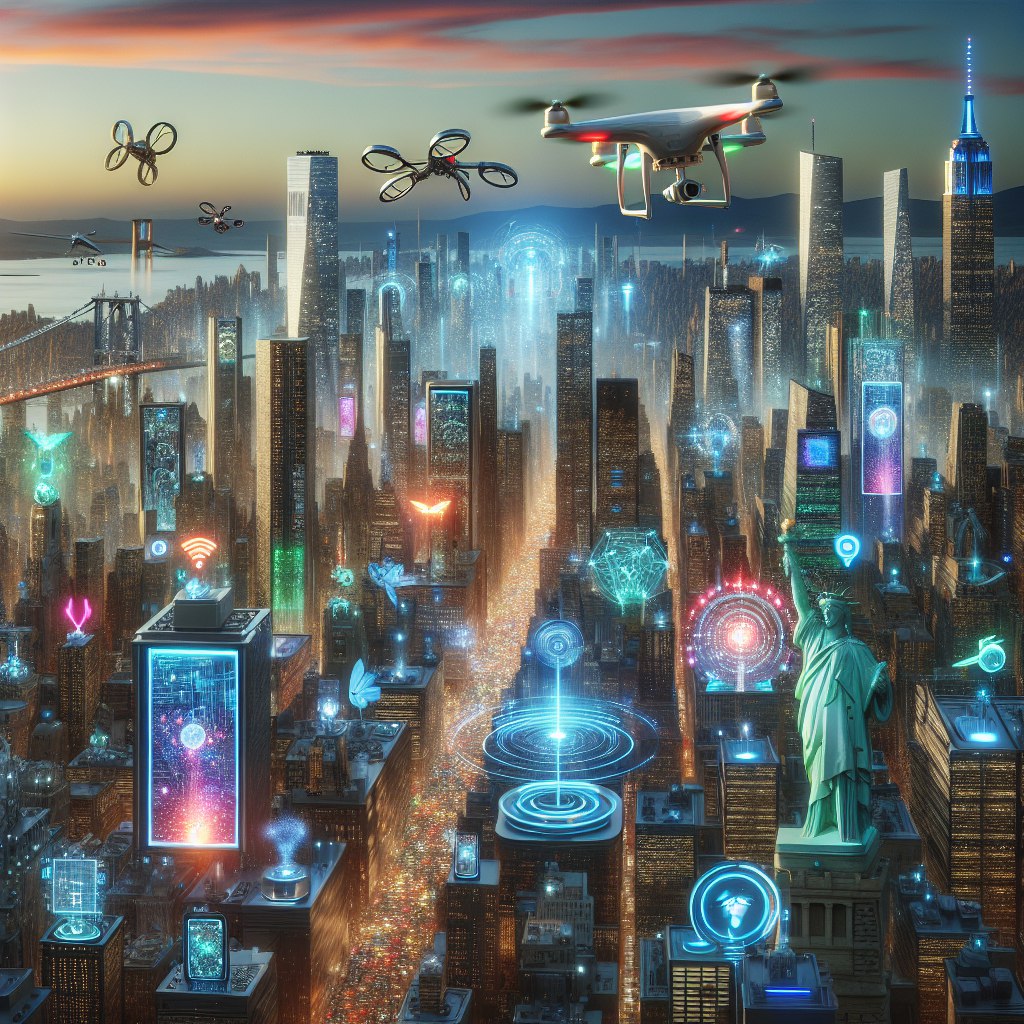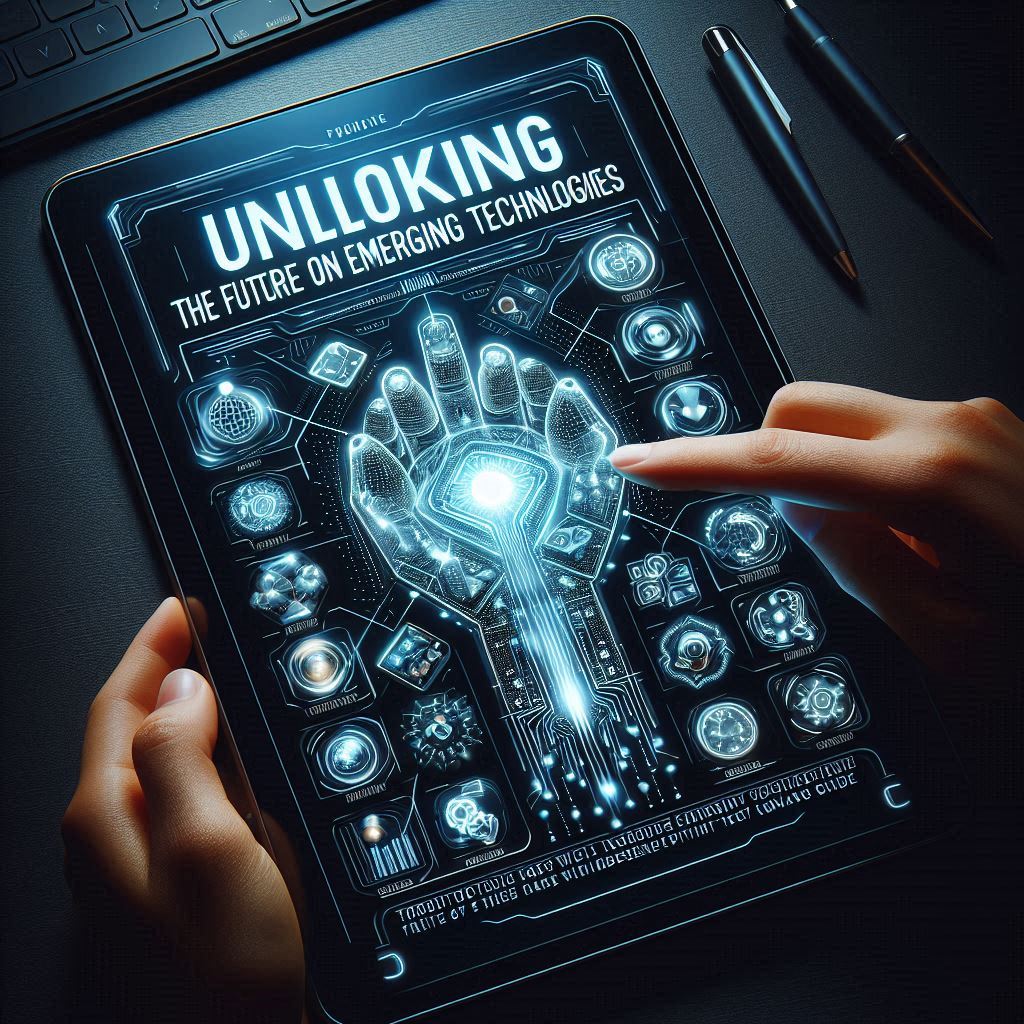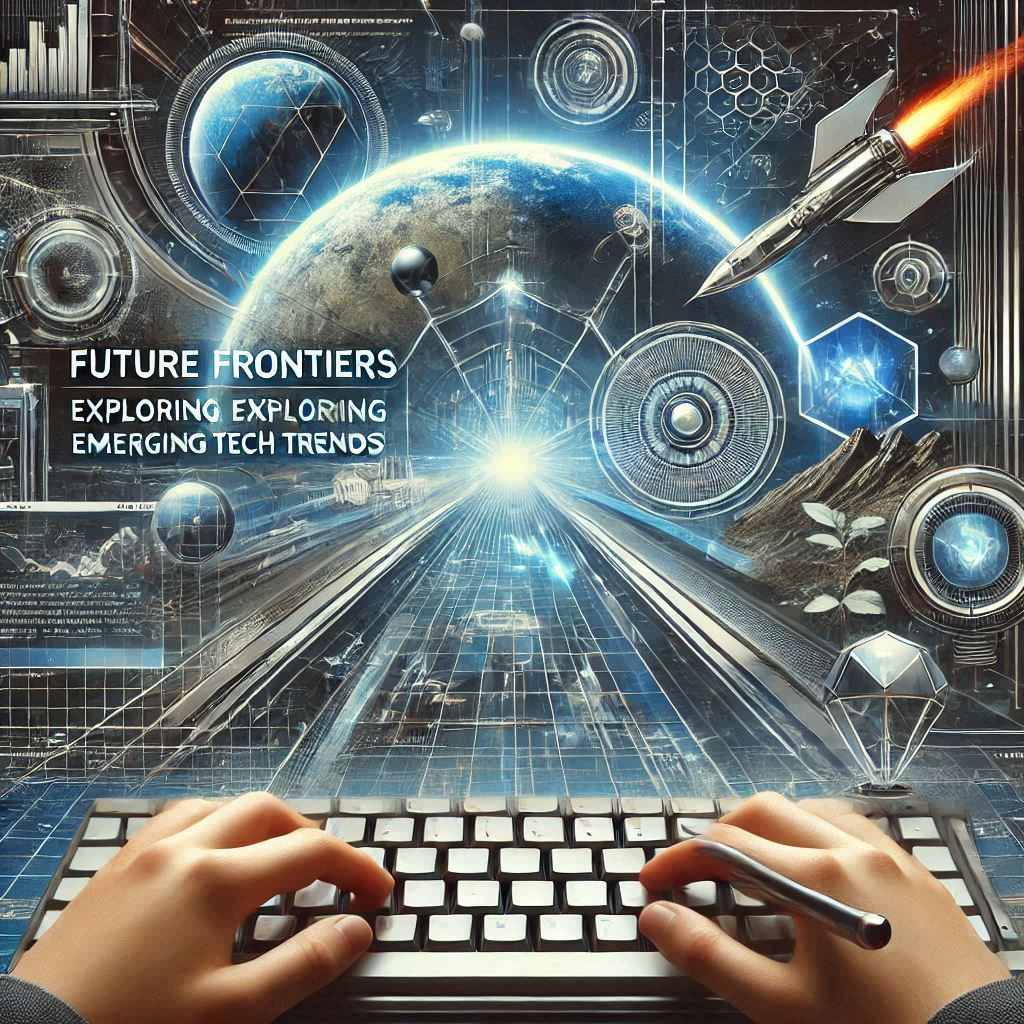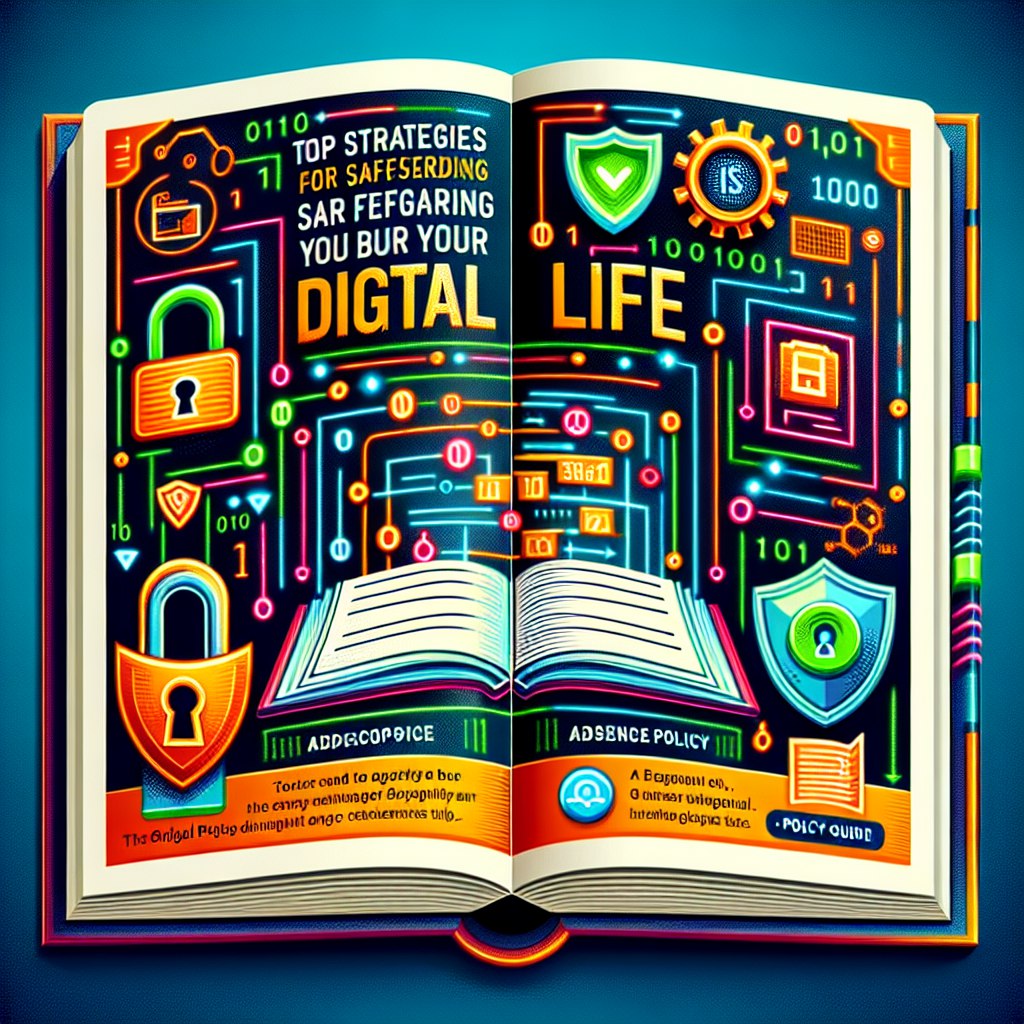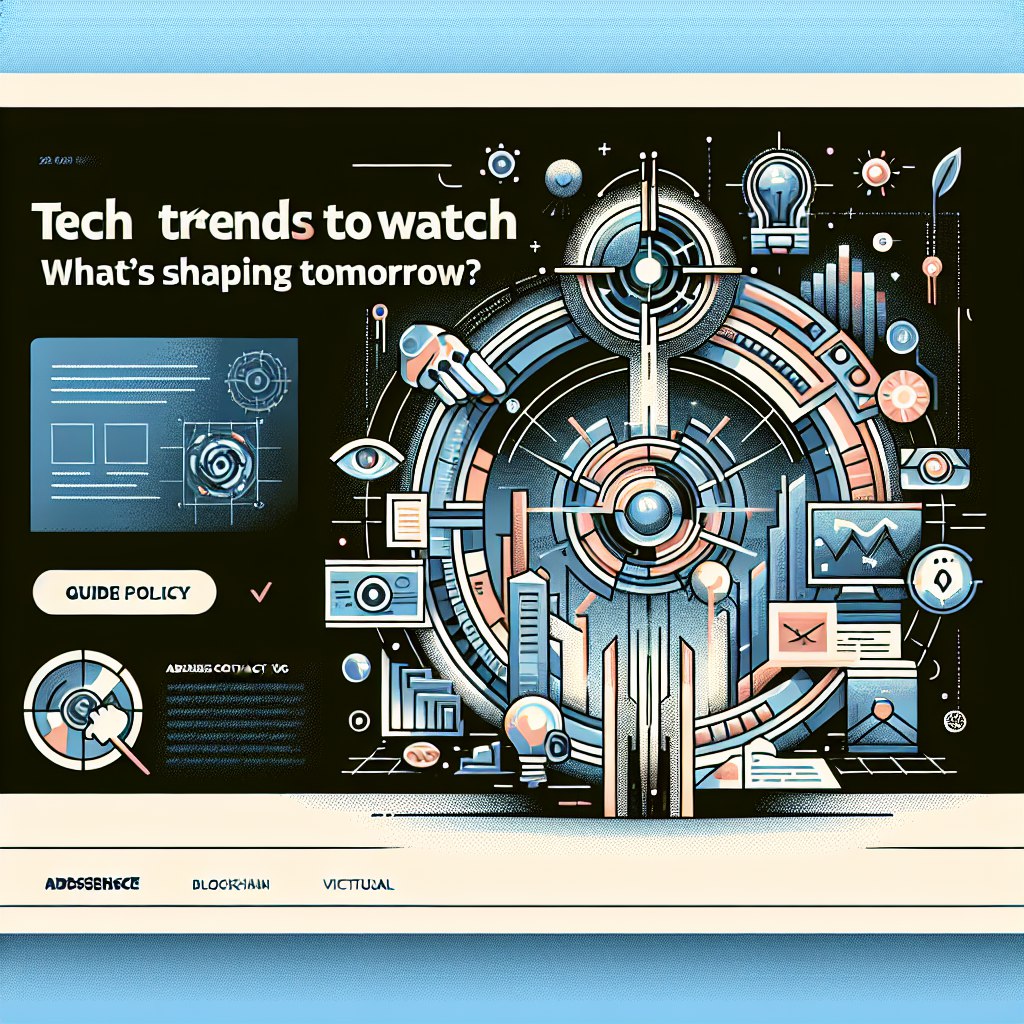In today’s fast-paced world, emerging technologies are the bedrock of innovation and change. From artificial intelligence to renewable energy sources, these advancements are not only reshaping industries but also improving our daily lives. As we stand on the brink of a technological revolution, let’s explore some of the key emerging technologies that are transforming our future and how they might affect our economic and social landscapes.
1. Artificial Intelligence (AI) and Machine Learning
Artificial Intelligence is at the forefront of technological advancements. With the ability to analyze vast amounts of data and learn from it, AI is revolutionizing sectors such as healthcare, finance, and education. Machine learning algorithms enable predictive analytics, automating routine tasks, and enhancing decision-making processes.
– In healthcare, AI is used to diagnose diseases more accurately and quickly. For instance, AI-driven tools can interpret medical images, suggesting possible conditions more reliably than traditional methods.
– In finance, automated trading systems and fraud detection algorithms help in managing risks and increasing efficiency in financial transactions.
2. Renewable Energy Technologies
The urgency of climate change has paved the way for innovations in renewable energy. Technologies like solar power, wind energy, and battery storage are becoming more efficient and affordable.
– Advances in photovoltaic cells have led to higher energy conversion rates and lower manufacturing costs, making solar energy a viable option for many households and businesses.
– Improved battery technologies, such as solid-state batteries, are critical for storing renewable energy and ensuring a stable supply.
3. 5G and Connectivity
The rollout of 5G technology promises to transform how we connect and communicate. With lightning-fast internet speeds, 5G enables unprecedented advancements in various sectors.
– Enhanced connectivity supports the development of smart cities where traffic systems, public services, and energy grids are interconnected, improving efficiency and sustainability.
– 5G allows healthcare professionals to conduct remote consultations, making medical services more accessible, especially in underserved areas.
4. Blockchain Technology
Blockchain is best known for its role in cryptocurrencies, but its potential extends far beyond that. This decentralized technology can enhance security, transparency, and traceability across numerous industries.
– By providing a tamper-proof ledger, blockchain improves the traceability of products, reducing fraud and ensuring authenticity in supply chains.
– This new financial paradigm allows for financial transactions without intermediaries, offering greater accessibility and lower costs.
5. Augmented Reality (AR) and Virtual Reality (VR)
AR and VR are revolutionizing how we interact with digital content. From enhancing gaming experiences to providing immersive training environments, these technologies are being adopted across various sectors.
– AR and VR can create engaging and interactive learning experiences, allowing students to explore subjects in three dimensions.
– Retailers use AR apps to allow customers to visualize products in their own space before making a purchase, enhancing the shopping experience.
6. Quantum Computing
Though still in its infancy, quantum computing holds the potential to solve complex problems much faster than traditional computers. This technology could dramatically impact fields like drug discovery, materials science, and cryptography.
– Quantum computing can model molecular interactions at unprecedented speeds, accelerating the development of new pharmaceuticals.
– Industries that rely on logistics and supply chain management stand to gain significantly, as quantum computers can analyze and optimize complex systems in real-time.
Conclusion
As we embrace these emerging technologies, it is clear that they will significantly shape our future—changing the way we work, live, and interact with one another. While it’s essential to harness these advancements responsibly, we must also prepare for the challenges they may bring, such as ethical considerations and job displacement.
By staying informed and adaptable, individuals and businesses alike can leverage these technologies to create new opportunities and foster innovation in our evolving landscape.
